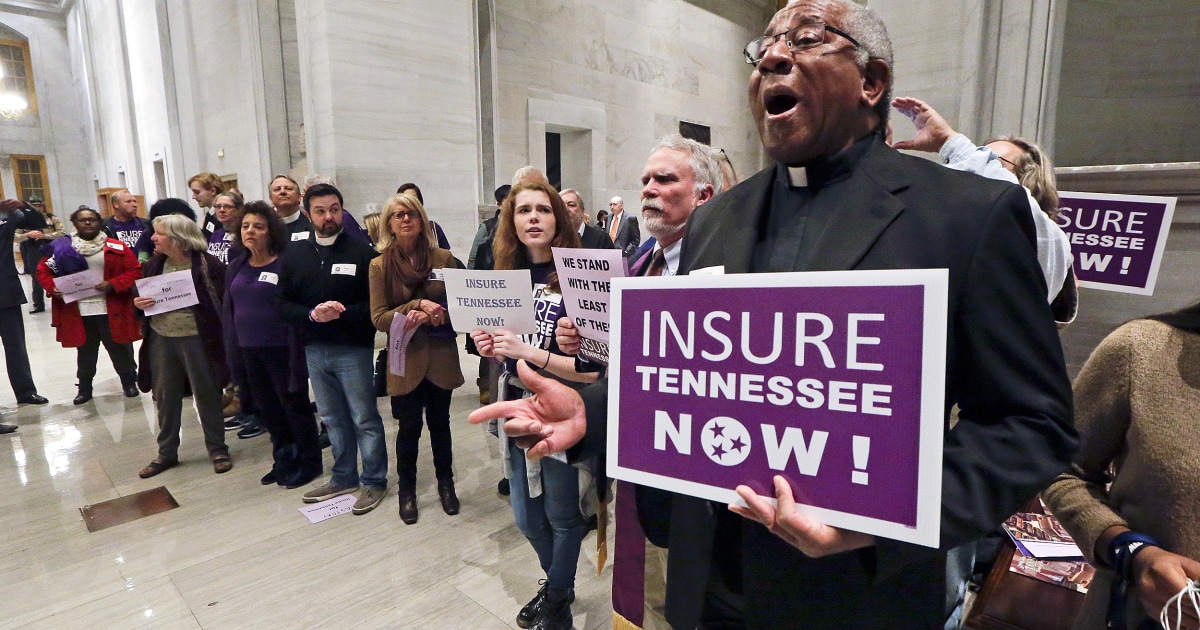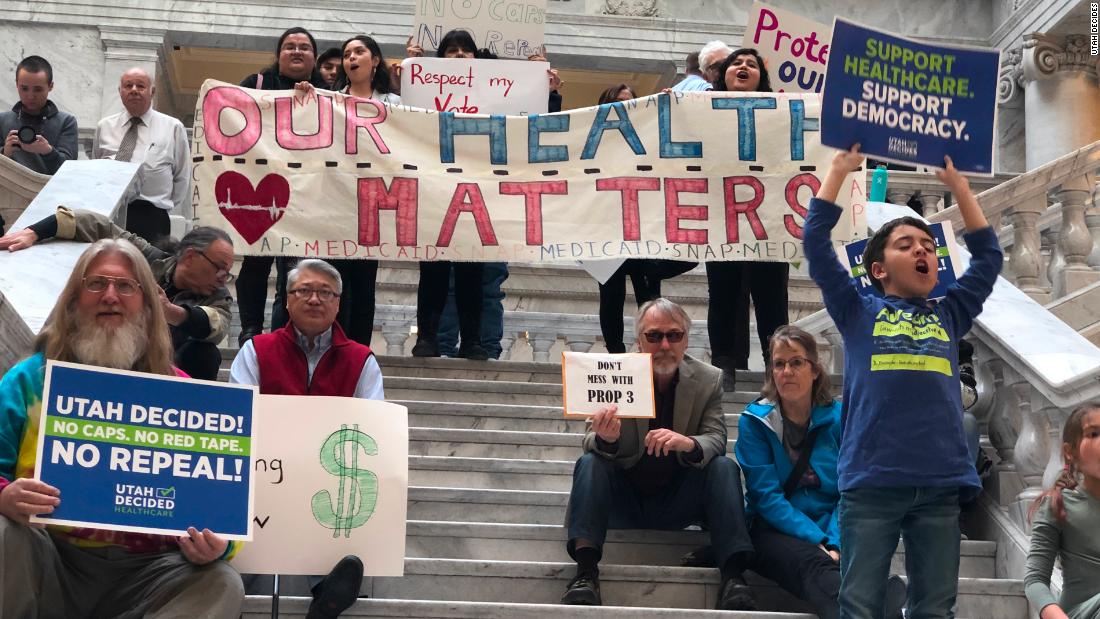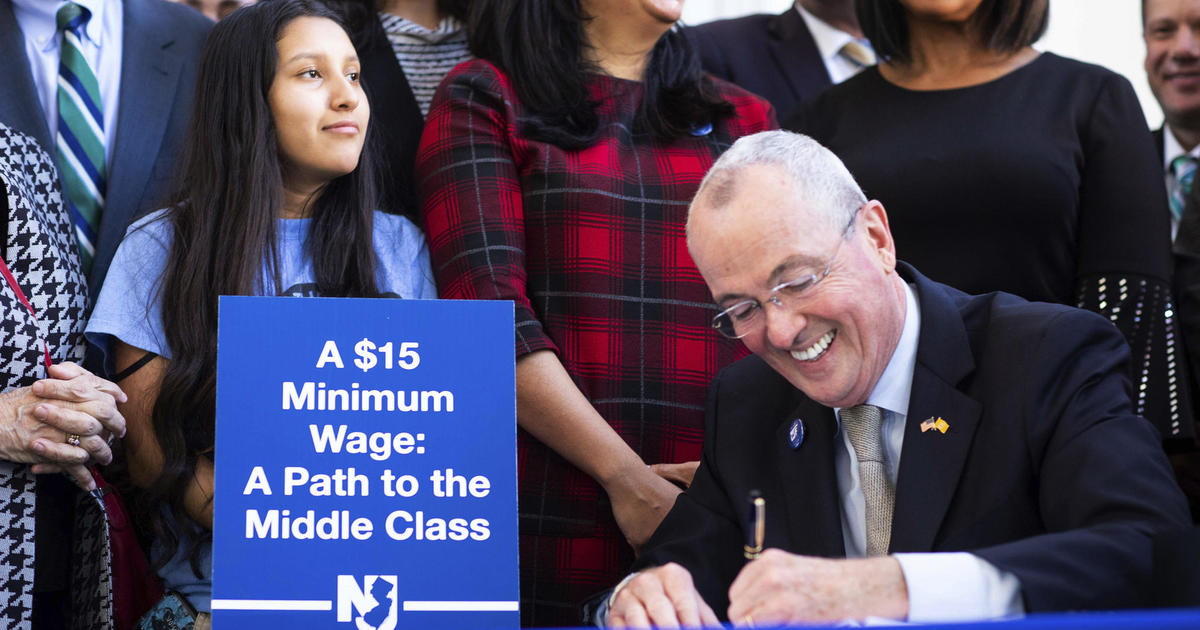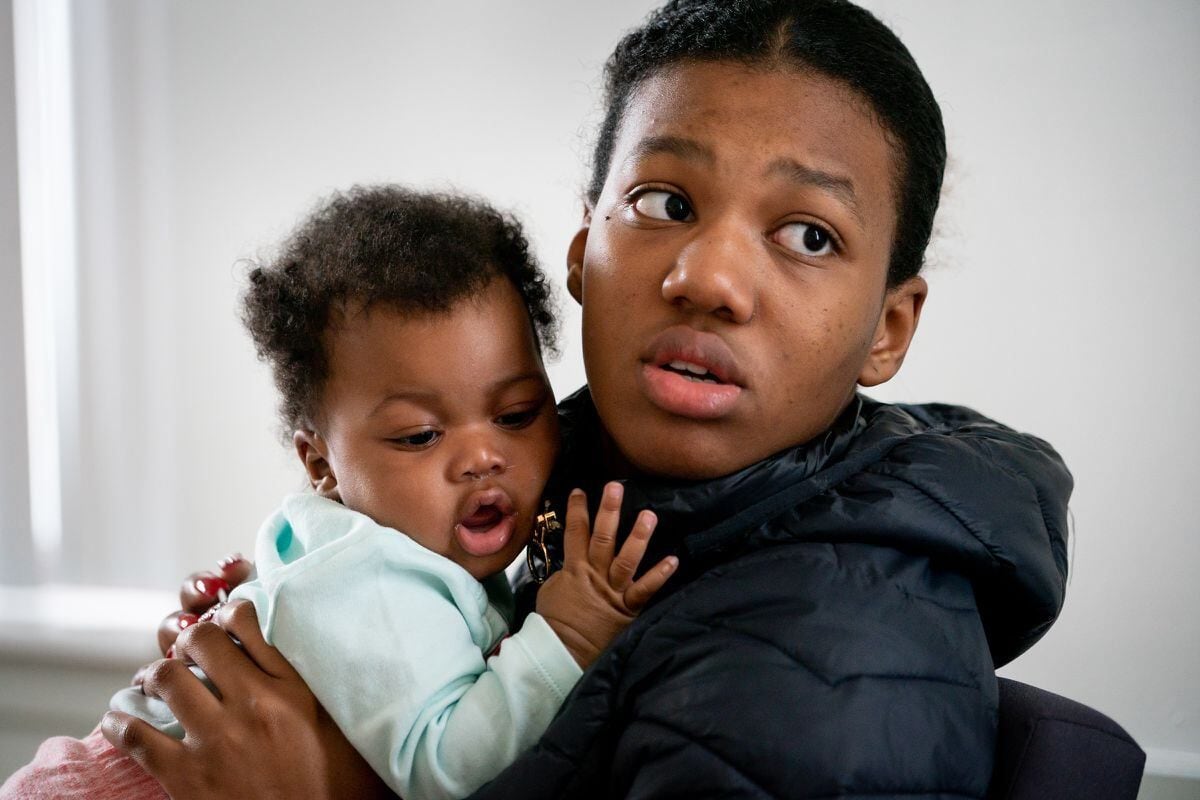One in four Americans living in poverty receives no benefits from the federal safety net.
Social workers worry that the states’ efforts to weed out improperly enrolled residents has led to wrongful terminations.
Utah voters approved Medicaid expansion last November, but Republican state representatives — who have long opposed broadening coverage for low-income residents — are now moving to limit the extent of the changes.
N.C. Department of Health and Human Services announces five organizations that will administer the $6 billion annual Medicaid program under a new privatization model mandated by the state legislature in 2015.
In 1950, California voters approved a ballot measure that requires a public vote before some low-income housing can be built in a community. The decision has had broad effects on the state and the nation as a whole.
The agency’s new director reversed course on regulations intended to prevent borrowers from being caught in an endless cycle of short-term, high interest loans.
On Friday, Colorado will severely restrict how much interest payday loan businesses can charge consumers — which could force all of them to close. Voters
The Garden State joins California, Massachusetts, New York and the District of Columbia in phasing in higher wages
A few hundred thousand federal employees earn relatively low wages, and their numbers vary significantly across states.
The improvements made by the country’s biggest preschool program offer a story of bipartisan progress at odds with its polarizing time.
The idea is to get young children who are living in shelters into early childhood education programs such as Early Head Start.
The president touted a bipartisan bill he signed to reduce sentences for nonviolent drug offenders. But he’s been quiet about his support for a new juvenile justice law that could impact more people.











